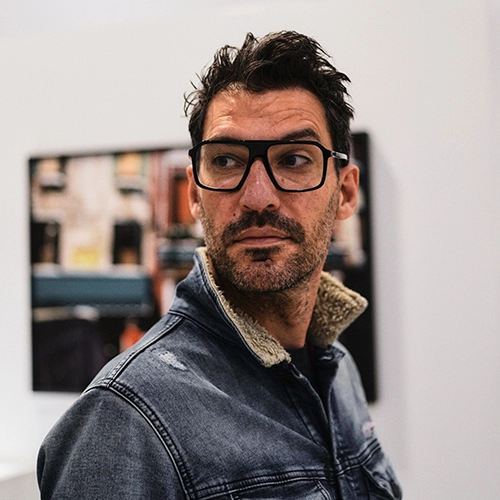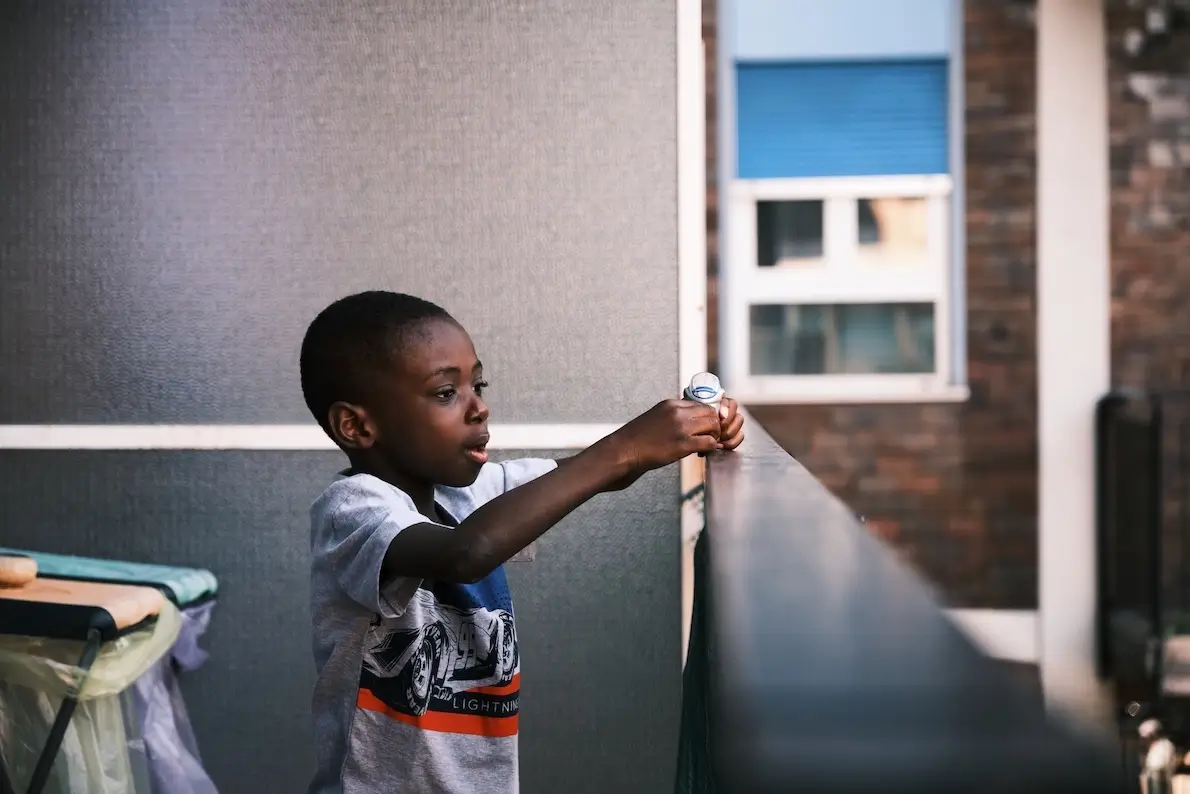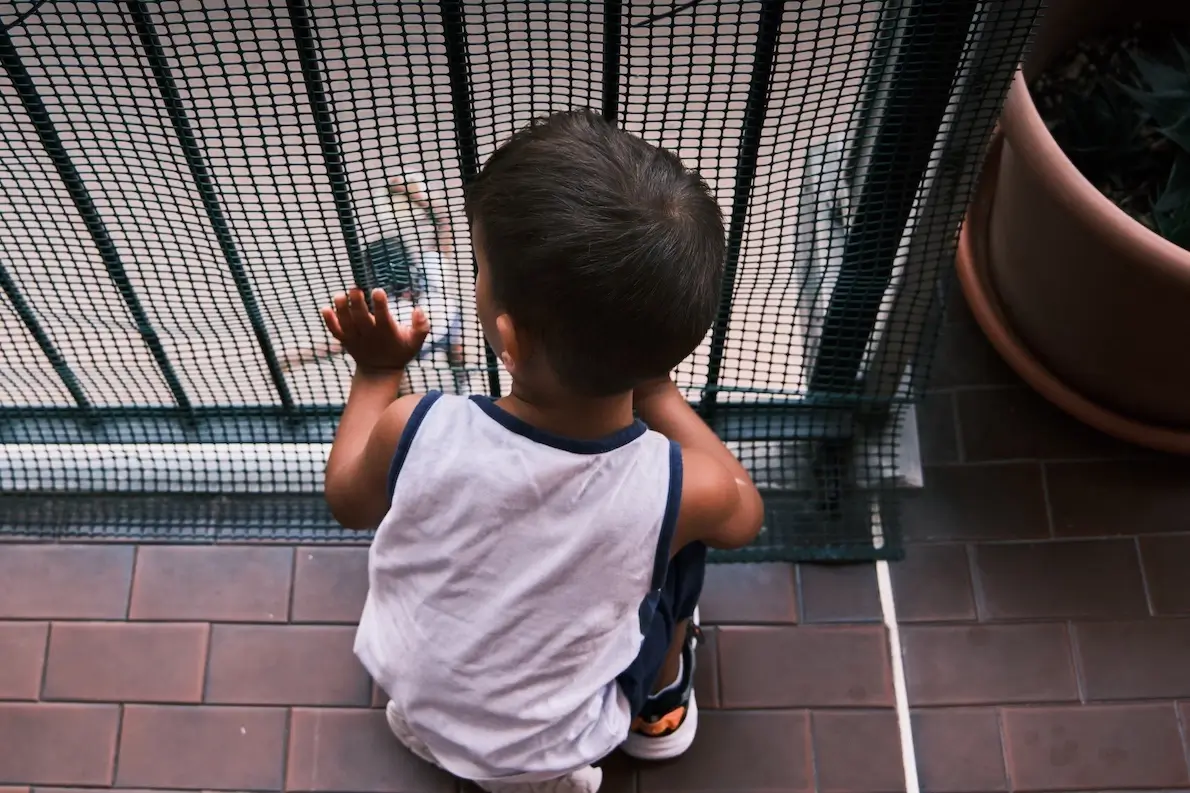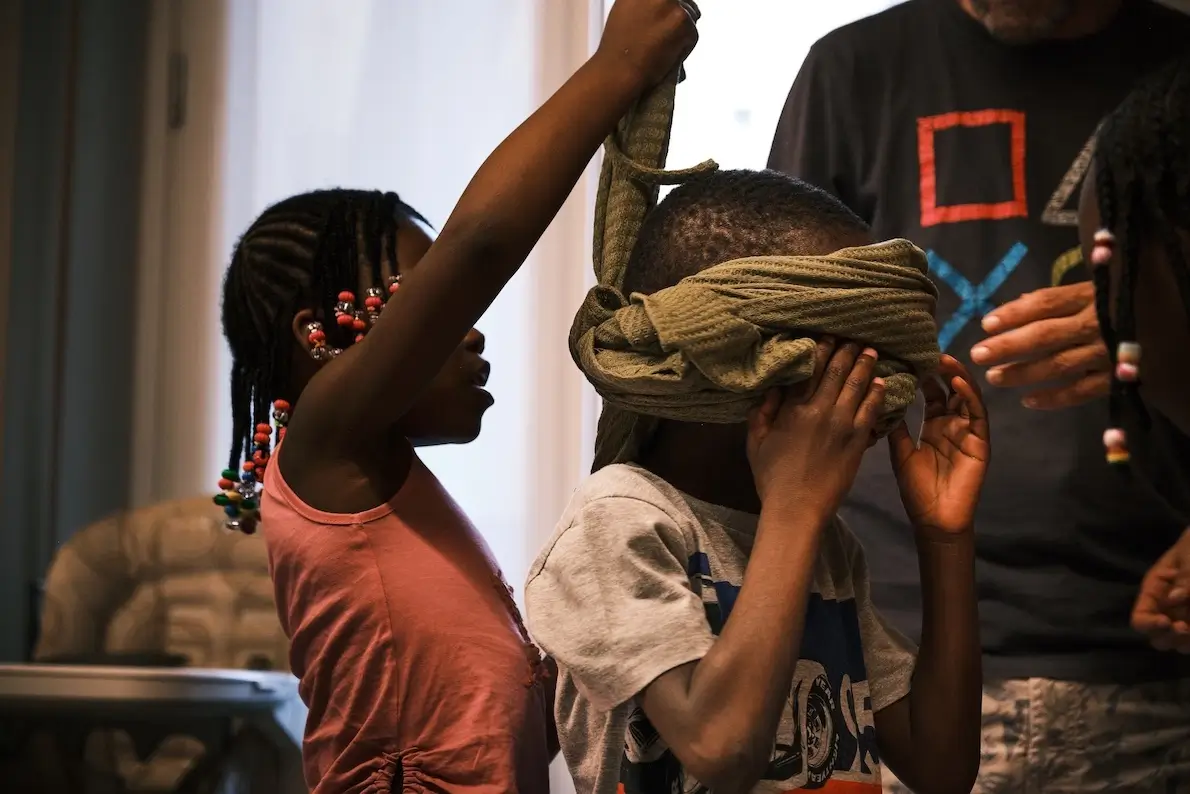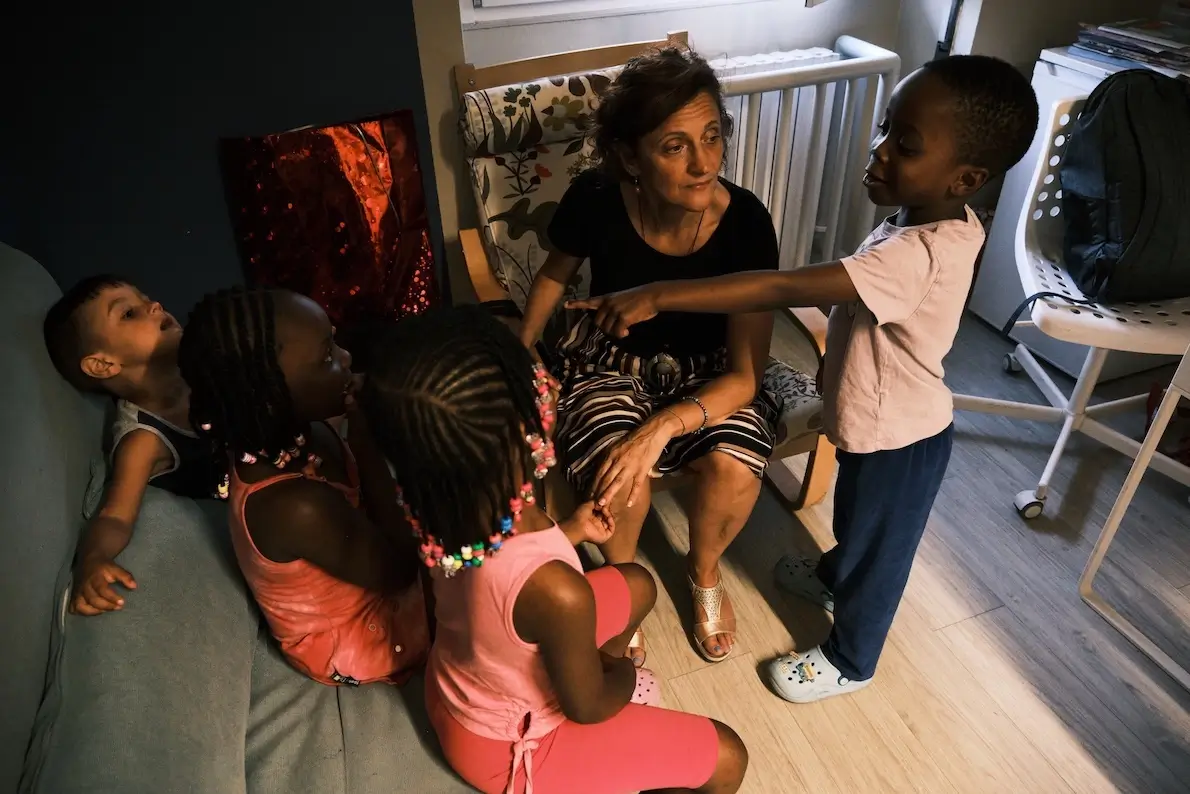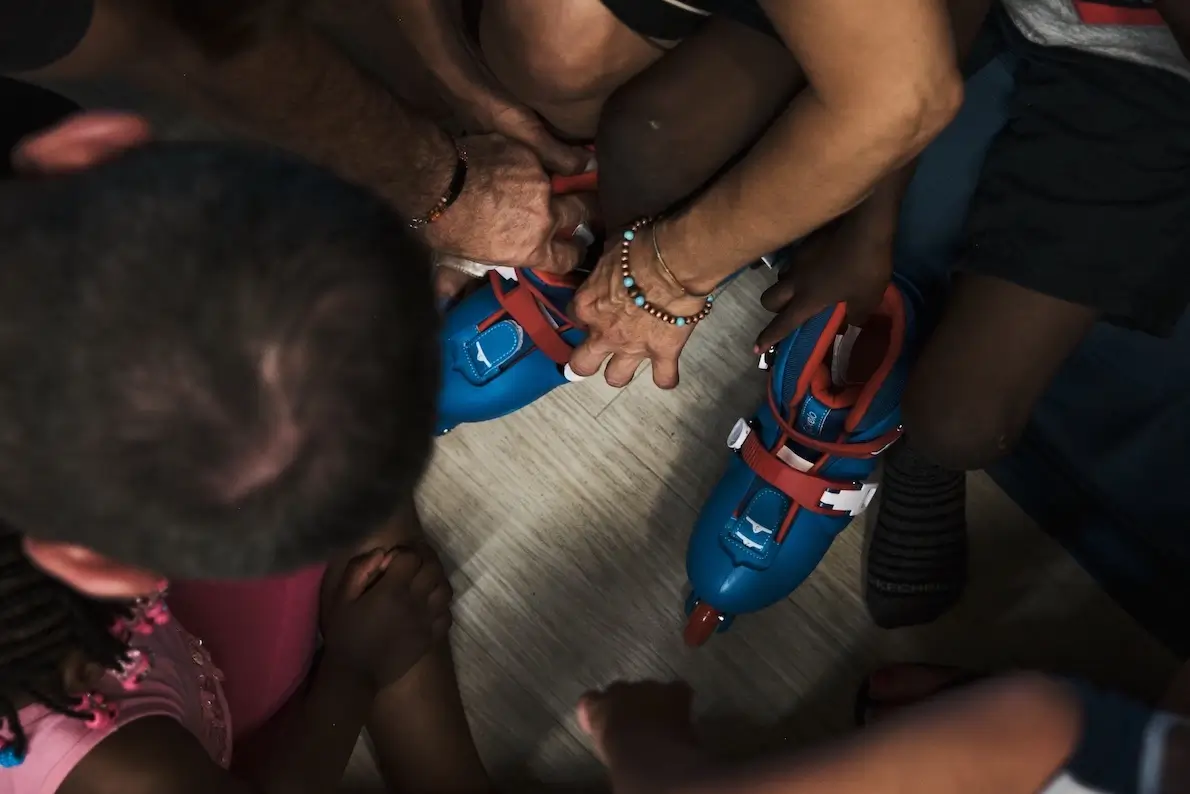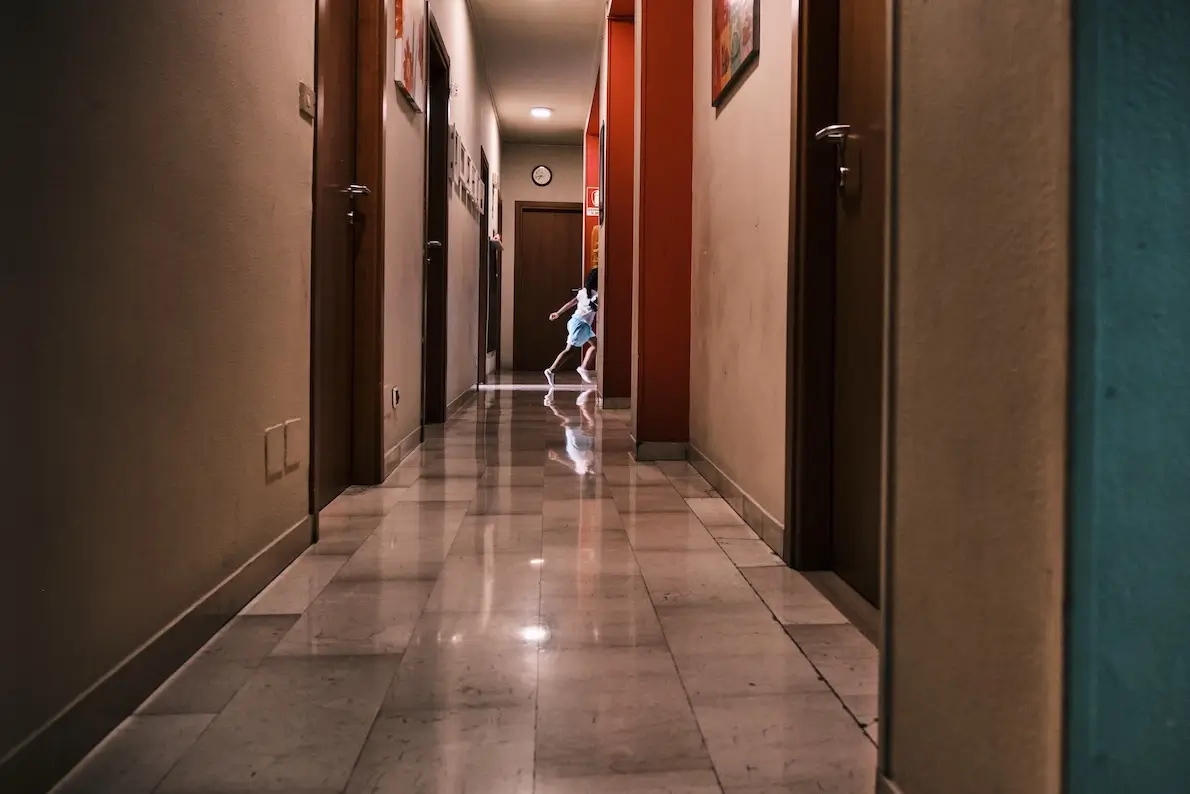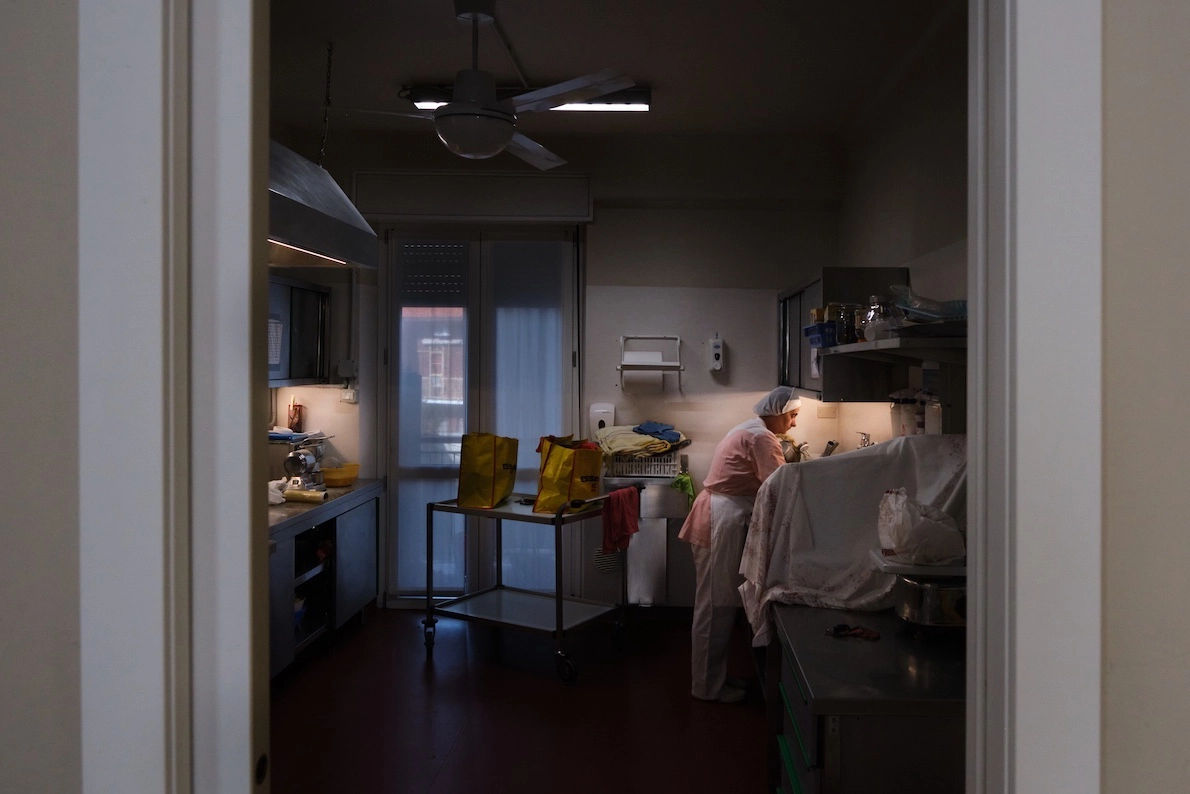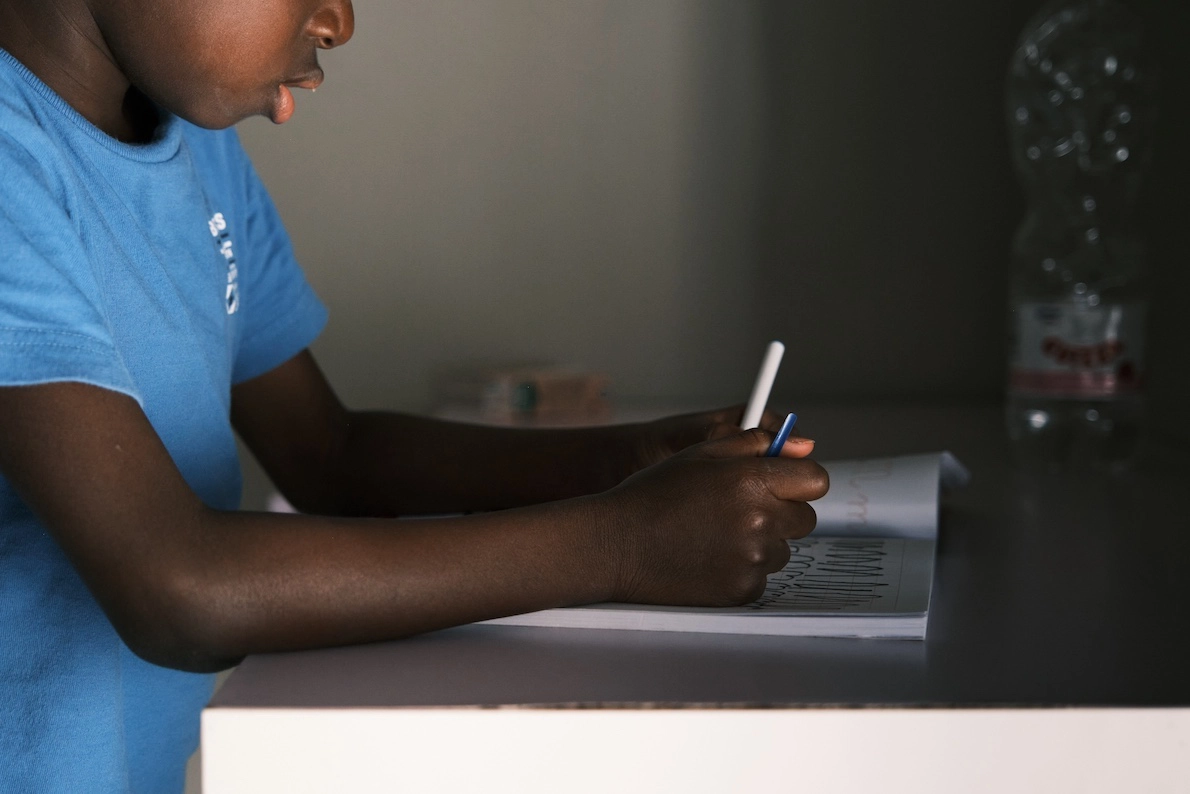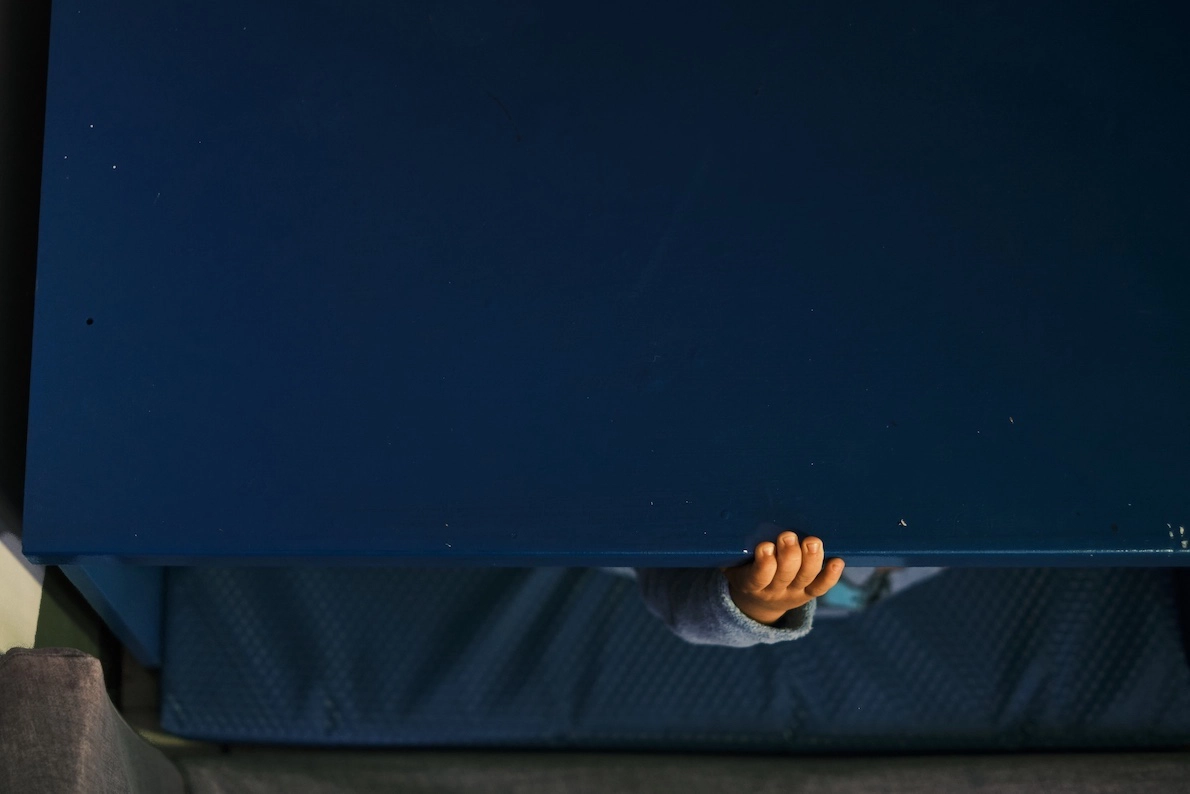Women fleeing homes that have become traps, holding their children by the hand, carrying only a few belongings and one certainty: they can no longer stay where they are. In those moments when darkness seems to prevail, Fondazione Asilo Mariuccia Onlus is there to provide support. Since 1902, this foundation has been a point of reference for the protection of women and minors who are victims of violence. Founded in the early 1900s, it is now one of the most active organizations in the field of protection and social inclusion.
Every day, in its centers across Italy, it welcomes women, mothers with children who are victims of domestic violence, and young people from the penal system. These facilities offer more than just a roof over their heads—they provide tailored educational and training programs that help people regain control over their lives. The goal is to rebuild wounded identities through the support of educators, guiding them back into the world: play, school, work, sports, and housing. The mother-child communities and the independent housing options are safe and dynamic spaces, where education is conveyed through everyday relationships. Foreign minors are also offered literacy and job-readiness programs, to equip them with concrete tools to build a future.
It is precisely from this daily work that “After the Darkness” was born. This is not just a photographic reportage, but a true visual story of rebirth.
No sensationalism, in a context where depictions of violence often risk slipping into rhetoric or spectacle. The images, taken within the mother-child communities, delicately show the everyday life being rebuilt day by day: an afternoon of play, a birthday party, a shared moment of care.
Motorcycle © Stefano Battistelli
Play and the possibility to dream of becoming someone when they grow up are fundamental in a child’s development, a source of trust in a future that finally seems possible.
In this case, the toy is a Police motorcycle, and imagining oneself as a positive hero gives deeper meaning to the work of FAM’s educators
Waiting © Stefano Battistelli
Watching the older kids play from the balcony after the afternoon nap makes the moment when they’re finally allowed to join in even more anticipated.
Enforcing a routine aims to provide certainty and counter the unpredictability that deeply unsettles children.
It is normality returning—and within this normality lies the true strength of change. This photographic project was recently exhibited at Fondazione Cariplo in Milan.
The images tell authentic moments of community life: a birthday, a snack prepared together, an afternoon of play, or a tidied-up room. There is no spectacle or pity—only a respectful and engaged gaze that captures the quiet beauty of rebirth. At the same time, we discover how organizing a birthday party for one of the hosted children becomes a crucial moment to face and ease conflict among the mothers living together in a situation of forced cohabitation.
“After the Darkness” enters, with care and awareness, into a delicate world: the communities that welcome women victims of violence and their children.
I wanted to document the daily life of these spaces, focusing on the educational work that supports personal and family reconstruction. Each shot tells a story, but it is the accompanying text that reveals its deeper meaning. The hands preparing food, a hiding place, an afternoon game, a birthday—these images open a window into a microcosm of support and forced coexistence, caught between the shadows of the past and the light of the present.
With discretion and clarity, I hope to have portrayed an authentic glimpse of resilience.
''In a world where violence against women asserts itself with inhuman intensity and obscures every act of humanity, Stefano Battistelli’s photographic project “After the Darkness” invites us into the heart of complex experiences that are nonetheless filled with hope. It is a journey that offers a glimpse into real life, aimed at mothers and children seeking refuge from violent environments, to help them rediscover their dignity and autonomy and, ultimately, regain their freedom.''
Emanuela Baio, President of Fondazione Asilo Mariuccia
Spices © Stefano Battistelli
For mothers far from home, it’s important to let their children taste the flavors of their own childhood. For this reason, they ask for ethnic dishes to be included in the menu. When the scent of spices spreads through the community, a moment of sharing and exchange of traditions among the women arises.
Gift Hunt © Stefano Battistelli
The way children immerse themselves in play is engaging and uplifting for the entire community. Their liveliness helps mothers release tension caused by cohabitation and the difficulty of being in a context they didn’t choose.
Teamwork © Stefano Battistelli
A birthday brings the whole community together and offers a chance to organize games for the birthday child. But this gathering means much more—having all the mothers present and involved in organizing the party helps ease tensions caused by forced cohabitation
Stefano Battistelli is a photographer who lives and works in Milan. Born in 1980, he has worked for over ten years as a creative director in major advertising agencies. His photography ranges from reportage to nature, and thanks to his shots taken around the world, he has won several international awards, such as the Fine Art Photography Award. In 2023, his work was published by National Geographic Italia. He was also the winner of the 28th Photographer of the Week in 2022 by All About Photo.
What fascinates him most when taking a photo is deciding what to leave out, because, as he says: “If you think about it, it’s what’s left out of the frame that makes a photograph truly special.”
www.stefanobattistelli.com
@stefano_battistelli_
Skating © Stefano Battistelli
Sports and analog games help counter excessive use of electronic devices. Passing these values on to children is a demanding job, but the reward comes when the most desired gift turns out to be a pair of inline skates.
Lunch Hour © Stefano Battistelli
The rhythm of the entire community is marked by certain daily habits, like fixed mealtimes.
This routine offers both children and mothers a sense of predictability that, over time, becomes stability—something often missing in their family lives.
Ordinary Icons © Stefano Battistelli
In social reintegration contexts, even a staff member becomes a point of reference. A cook, through her daily work, becomes a steady presence in the lives of those trying to rebuild their place in society. The mothers, who for different reasons have had to start from scratch, find in her an example of stability and care.
Focusing © Stefano Battistelli
Even in daily life filled with group moments and sharing, children also need time for quiet and stillness, to help them concentrate, read, and do their homework.
The Den © Stefano Battistelli
Hiding in their own den, a wooden box open on one side, placed in the common area has a dual value: it allows children to have a personal refuge while also letting them experience the joy of being sought out and found by someone who loves them.
